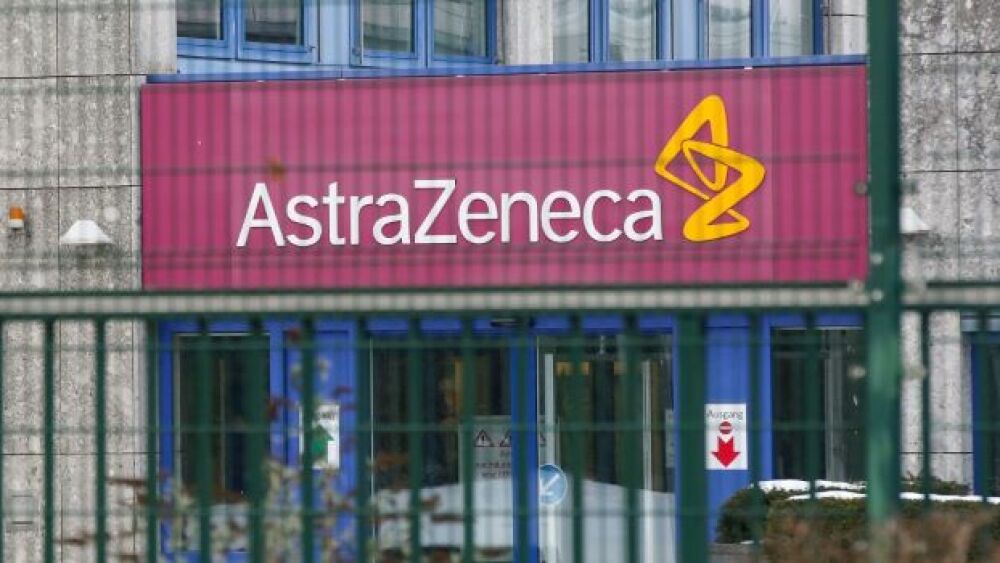AstraZeneca and Sanofi’s Phase-III and Phase-IIb clinical trials investigating the efficacy of nirsevimab shows 79.5% efficacy in the prevention of lower respiratory tract infections.
Courtesy Bodo Marks/Picture Alliance via Getty Images
AstraZeneca and Sanofi’s Phase-III and Phase-IIb clinical trials investigating the efficacy of nirsevimab, measured through the development of secondary infections, are impressing the pharma community with positive prespecified pooled analysis results. The data shows 79.5% efficacy in the prevention of lower respiratory tract infections, caused by infection of the respiratory syncytial virus (RSV).
Wednesday’s announcement details that the data is derived from a post-hoc analysis of Phase-III and IIb trials, in which blood samples were taken from infants in the experimental and placebo groups. The experimental group, who received the immunization, had RSV antibody levels approximately 50-times higher than baseline measurements, 151 days after dosing. This is 19-times higher than the antibody levels seen in the placebo group.
While the analysis only reviewed data at day 151 post-dose, this interpretation may suggest that protection continues beyond day 151. The safety of the immunization was demonstrated through earlier clinical trials and continues to be supported through the updated data set.
The long-acting antibody is the first investigational product indicated for protecting infants from the development of RSV with one dose. With protection from RSV, infants would be protected from developing bronchitis, pneumonia, or lower respiratory tract infections that require medical intervention.
The RSV virus is particularly damaging for patients in younger and older age brackets, such as those under one year and over 65. Additional populations at risk of developing severe RSV are those that are immunocompromised or have underlying conditions.
Joint development of nirsevimab was agreed upon in March of 2017, with Sanofi directing commercialization efforts and AstraZeneca leading development. AstraZeneca’s Executive Vice President, BioPharmaceuticals R&D, Mene Pangalos highlighted the significance of the updated results.
“Respiratory syncytial virus remains the most common cause of lower respiratory tract infection in infants and results in seasonal epidemics globally each year. These new analyses strengthen nirsevimab’s potential to protect all infants across the respiratory syncytial virus season with a single dose, which may lead to a paradigm shift in respiratory syncytial virus prevention.”
Nirsevimab is a monoclonal antibody immunization that was developed using AstraZeneca’s YTE technology. The technology is designed to extend the half-life of products, supporting long-lasting efficacy.
The immunization received breakthrough therapy designation from the U.S. Food and Drug Administration, as well as access to the European Medicines Agency’s (EMA) Priority Medicines (PRIME) scheme. Regulatory authorities in Japan regard nirsevimab as “a medicine for prioritized development”, in relation to the Japan Agency for Medical Research and Development’s (AMED) Project for Drug Selection to Promote New Drug Development in Pediatrics.
The data will be presented at the European Society for Pediatric Infectious Disease meeting, although it might not be the only data presentation associated with RSV prevention. As vaccine development technology advances, RSV preventatives have become highly sought after by pharmaceutical companies. If approved, an RSV vaccine or immunization would have lasting impacts on pediatric care.





